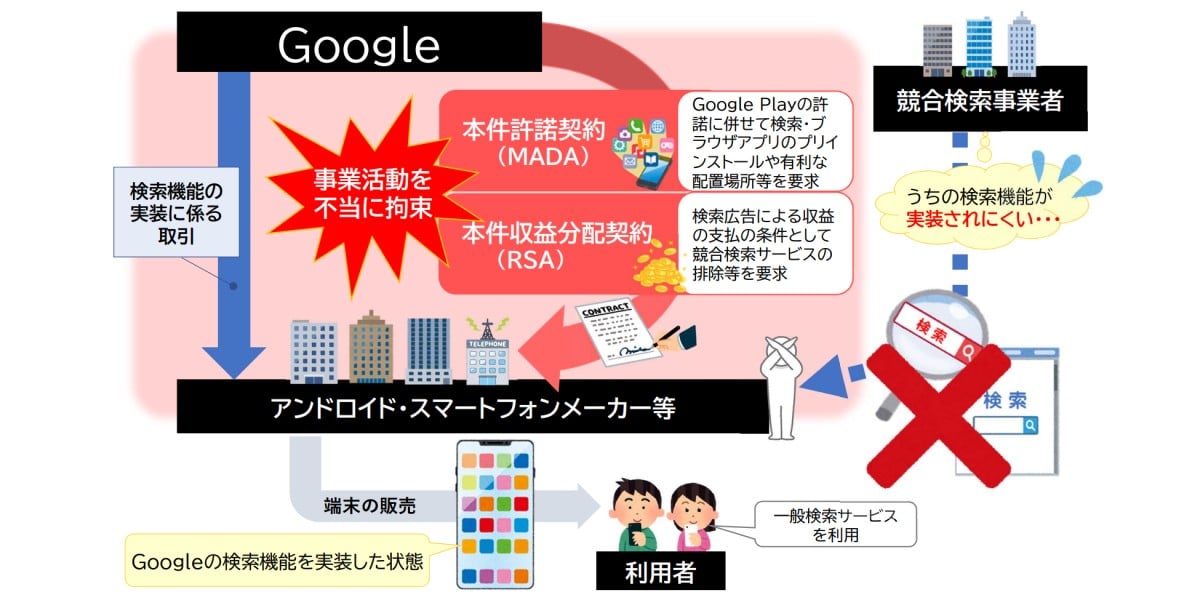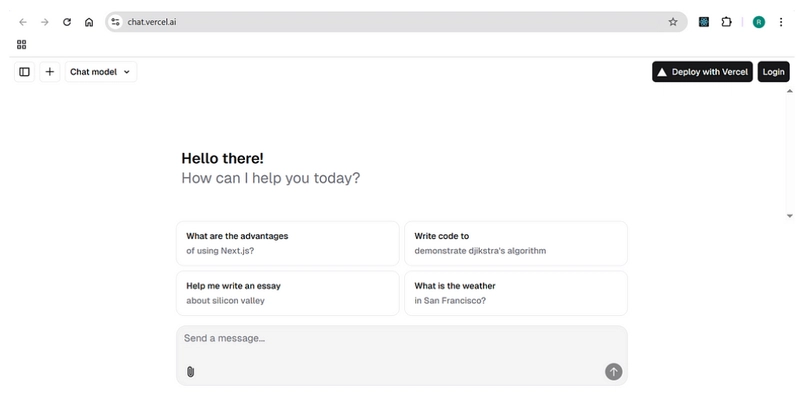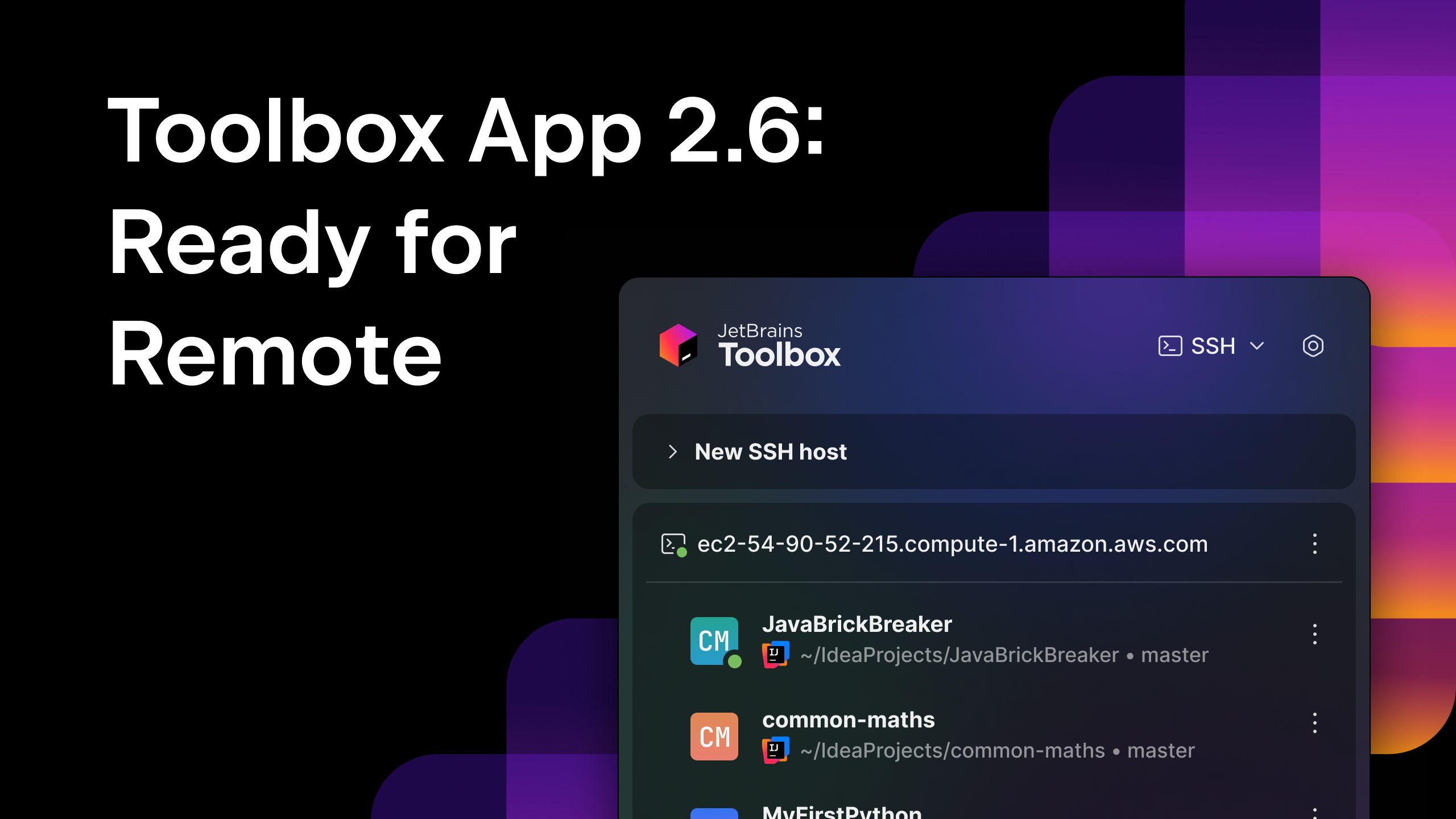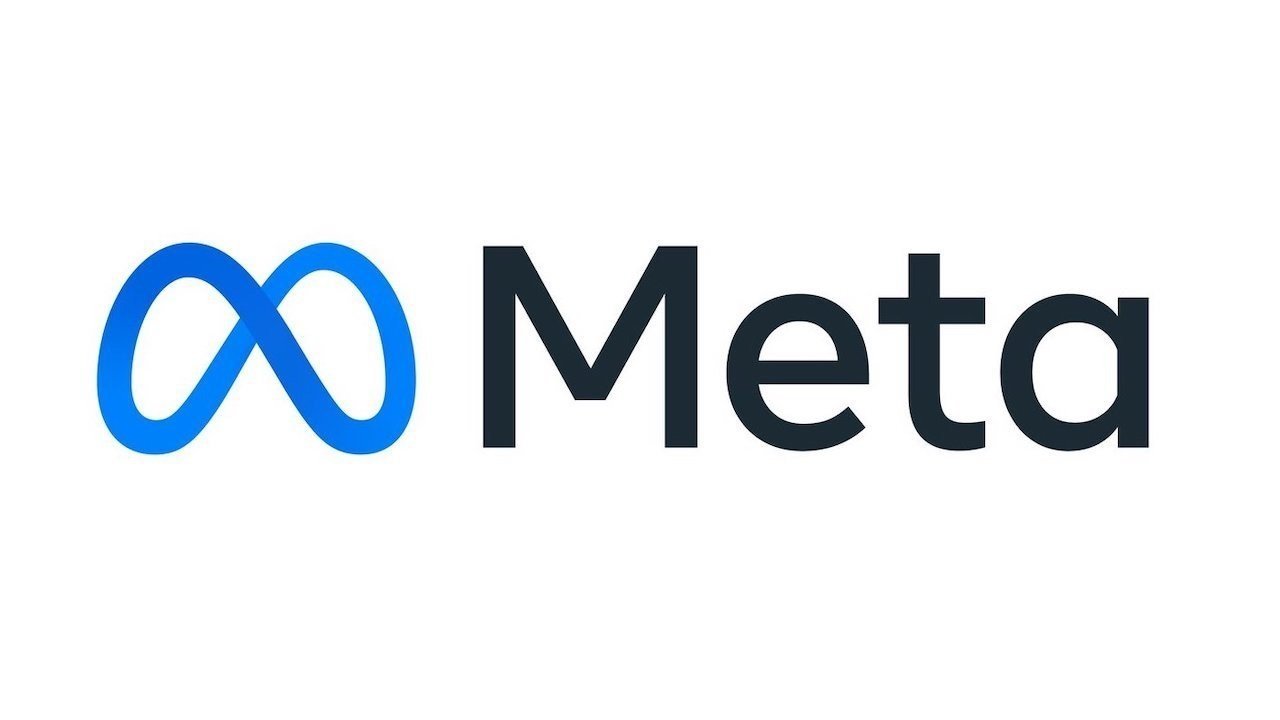Blog Draft Ai Trends In 2025 20250415 223233
Blog Draft Ai Trends In 2025 20250415 223233 Generated: 2025-04-15 22:32:33 AI Trends in 2025: Navigating the Evolving Landscape Published: April 10, 2025 Author: IEEE Spectrum Editorial Team Introduction As we delve deeper into 2025, the advancements in artificial intelligence (AI) are profoundly reshaping industries and societal norms. Understanding these changes is crucial for businesses and tech enthusiasts alike as they navigate this evolving landscape. This article synthesizes insights from a range of findings, illustrated through various trends and graphs, offering a comprehensive analysis of AI's future alongside robust monetization strategies. 1. Global Investment in AI Technologies Investment in AI technologies has surged dramatically over the past five years. In 2025, the total value of global investments exceeded $300 billion, a 50% increase from 2024. These funds are driven by a growing demand for AI solutions across various sectors, from healthcare to logistics. Businesses are increasingly recognizing the need to integrate AI to remain competitive. Actionable Insight: Strategic Investment: Companies should actively seek to invest in AI technologies that align with their operational needs and consumer demands to capitalize on this growth. 2. AI Adoption Across Industries The pace of AI adoption varies significantly across sectors, with technology, healthcare, and finance at the forefront. In 2025, nearly 85% of businesses in these industries are using AI to enhance operational efficiency and customer engagement. Actionable Insight: Focus on Early Adopters: Businesses in lagging sectors like education and manufacturing should analyze how leaders use AI effectively and adapt those strategies. 3. Consumer Perception of AI Consumer sentiment regarding AI remains mixed. While 55% of consumers acknowledge the conveniences AI offers, concerns about privacy and trust continue to linger. This gap presents an opportunity for businesses to improve transparency and build trust with their audience. Actionable Insight: Enhancing Transparency: Companies must prioritize clear communication regarding data usage and AI functionality to address consumer concerns better. 4. Job Creation vs. Job Displacement The debate over AI's impact on employment persists, with projections indicating that while 20 million jobs may be displaced, AI could create up to 30 million new jobs by 2030, particularly in tech and operational roles. This transformation highlights the importance of upskilling in the workforce. Actionable Insight: Invest in Training: Organizations should invest in employee retraining programs to ensure their workforce can adapt to the changing job landscape. 5. AI in Healthcare AI's role in healthcare is expanding, with applications in diagnostics, personalized treatment plans, and operational efficiency becoming widespread. Over 70% of healthcare organizations reported investing in AI technologies in 2025. Actionable Insight: Leverage AI for Patient Care: Healthcare providers should explore using AI to enhance patient outcomes, reduce costs, and streamline processes. 6. Advances in Natural Language Processing (NLP) NLP technologies have evolved significantly, with applications like chatbots gaining traction in customer service. Businesses utilizing NLP saw a 40% increase in customer satisfaction ratings. Actionable Insight: Implement NLP Solutions: Companies should consider integrating NLP tools to improve customer interactions and automate repetitive tasks. 7. AI Research Publications The volume of AI research publications has doubled over the past three years, reflecting the growing interest and investment in AI research across academia and industry. This presents valuable insights for businesses seeking to innovate. Actionable Insight: Engage with Research: Businesses should familiarize themselves with the latest AI research to identify emerging trends and technologies that could benefit their operations. 8. Regulation of AI Technologies The regulatory landscape for AI is rapidly evolving. Countries are beginning to implement stricter regulations aimed at ensuring ethical AI usage. Businesses must stay compliant while navigating these changes. Actionable Insight: Stay Informed: Companies must keep abreast of regulatory changes affecting AI and adjust their strategies accordingly. 9. Monetization Strategies for AI Content As the interest in AI trends surges, there are numerous monetization strategies that businesses can adopt: Affiliate Marketing: Partnering with AI tool providers to promote relevant products can yield high returns. Sponsored Content: Collaborate with brands in the AI sector to produce sponsored articles and cas

Blog Draft Ai Trends In 2025 20250415 223233
Generated: 2025-04-15 22:32:33
AI Trends in 2025: Navigating the Evolving Landscape
Published: April 10, 2025
Author: IEEE Spectrum Editorial Team
Introduction
As we delve deeper into 2025, the advancements in artificial intelligence (AI) are profoundly reshaping industries and societal norms. Understanding these changes is crucial for businesses and tech enthusiasts alike as they navigate this evolving landscape. This article synthesizes insights from a range of findings, illustrated through various trends and graphs, offering a comprehensive analysis of AI's future alongside robust monetization strategies.
1. Global Investment in AI Technologies
Investment in AI technologies has surged dramatically over the past five years. In 2025, the total value of global investments exceeded $300 billion, a 50% increase from 2024. These funds are driven by a growing demand for AI solutions across various sectors, from healthcare to logistics. Businesses are increasingly recognizing the need to integrate AI to remain competitive.
Actionable Insight:
- Strategic Investment: Companies should actively seek to invest in AI technologies that align with their operational needs and consumer demands to capitalize on this growth.
2. AI Adoption Across Industries
The pace of AI adoption varies significantly across sectors, with technology, healthcare, and finance at the forefront. In 2025, nearly 85% of businesses in these industries are using AI to enhance operational efficiency and customer engagement.
Actionable Insight:
- Focus on Early Adopters: Businesses in lagging sectors like education and manufacturing should analyze how leaders use AI effectively and adapt those strategies.
3. Consumer Perception of AI
Consumer sentiment regarding AI remains mixed. While 55% of consumers acknowledge the conveniences AI offers, concerns about privacy and trust continue to linger. This gap presents an opportunity for businesses to improve transparency and build trust with their audience.
Actionable Insight:
- Enhancing Transparency: Companies must prioritize clear communication regarding data usage and AI functionality to address consumer concerns better.
4. Job Creation vs. Job Displacement
The debate over AI's impact on employment persists, with projections indicating that while 20 million jobs may be displaced, AI could create up to 30 million new jobs by 2030, particularly in tech and operational roles. This transformation highlights the importance of upskilling in the workforce.
Actionable Insight:
- Invest in Training: Organizations should invest in employee retraining programs to ensure their workforce can adapt to the changing job landscape.
5. AI in Healthcare
AI's role in healthcare is expanding, with applications in diagnostics, personalized treatment plans, and operational efficiency becoming widespread. Over 70% of healthcare organizations reported investing in AI technologies in 2025.
Actionable Insight:
- Leverage AI for Patient Care: Healthcare providers should explore using AI to enhance patient outcomes, reduce costs, and streamline processes.
6. Advances in Natural Language Processing (NLP)
NLP technologies have evolved significantly, with applications like chatbots gaining traction in customer service. Businesses utilizing NLP saw a 40% increase in customer satisfaction ratings.
Actionable Insight:
- Implement NLP Solutions: Companies should consider integrating NLP tools to improve customer interactions and automate repetitive tasks.
7. AI Research Publications
The volume of AI research publications has doubled over the past three years, reflecting the growing interest and investment in AI research across academia and industry. This presents valuable insights for businesses seeking to innovate.
Actionable Insight:
- Engage with Research: Businesses should familiarize themselves with the latest AI research to identify emerging trends and technologies that could benefit their operations.
8. Regulation of AI Technologies
The regulatory landscape for AI is rapidly evolving. Countries are beginning to implement stricter regulations aimed at ensuring ethical AI usage. Businesses must stay compliant while navigating these changes.
Actionable Insight:
- Stay Informed: Companies must keep abreast of regulatory changes affecting AI and adjust their strategies accordingly.
9. Monetization Strategies for AI Content
As the interest in AI trends surges, there are numerous monetization strategies that businesses can adopt:
- Affiliate Marketing: Partnering with AI tool providers to promote relevant products can yield high returns.
- Sponsored Content: Collaborate with brands in the AI sector to produce sponsored articles and case studies.
- Educational Webinars: Host sessions on AI applications, showcasing expertise while generating revenue.
- Online Courses: Develop courses on AI technologies, targeting professionals looking to upskill.
- Data Monetization: Analyze user interactions to provide insights to companies interested in market trends.
Actionable Insight:
- Tailored Monetization: Businesses must choose strategies best suited for their target audience and resources available.
Conclusion
AI technologies are reshaping business landscapes and societal interactions as we progress through 2025. Continued investment, ethical considerations, and proactive engagement will be pivotal in harnessing the potential of AI while addressing public and industry concerns. By implementing strategic insights and monetization plans, organizations can thrive in this dynamic environment.










































































































































































![[The AI Show Episode 144]: ChatGPT’s New Memory, Shopify CEO’s Leaked “AI First” Memo, Google Cloud Next Releases, o3 and o4-mini Coming Soon & Llama 4’s Rocky Launch](https://www.marketingaiinstitute.com/hubfs/ep%20144%20cover.png)






































































































































































































![Blue Archive tier list [April 2025]](https://media.pocketgamer.com/artwork/na-33404-1636469504/blue-archive-screenshot-2.jpg?#)
































.png?#)









-Baldur’s-Gate-3-The-Final-Patch---An-Animated-Short-00-03-43.png?width=1920&height=1920&fit=bounds&quality=70&format=jpg&auto=webp#)






































































































































![Apple to Split Enterprise and Western Europe Roles as VP Exits [Report]](https://www.iclarified.com/images/news/97032/97032/97032-640.jpg)
![Nanoleaf Announces New Pegboard Desk Dock With Dual-Sided Lighting [Video]](https://www.iclarified.com/images/news/97030/97030/97030-640.jpg)

![Apple's Foldable iPhone May Cost Between $2100 and $2300 [Rumor]](https://www.iclarified.com/images/news/97028/97028/97028-640.jpg)









































































































































